Keyja Washington
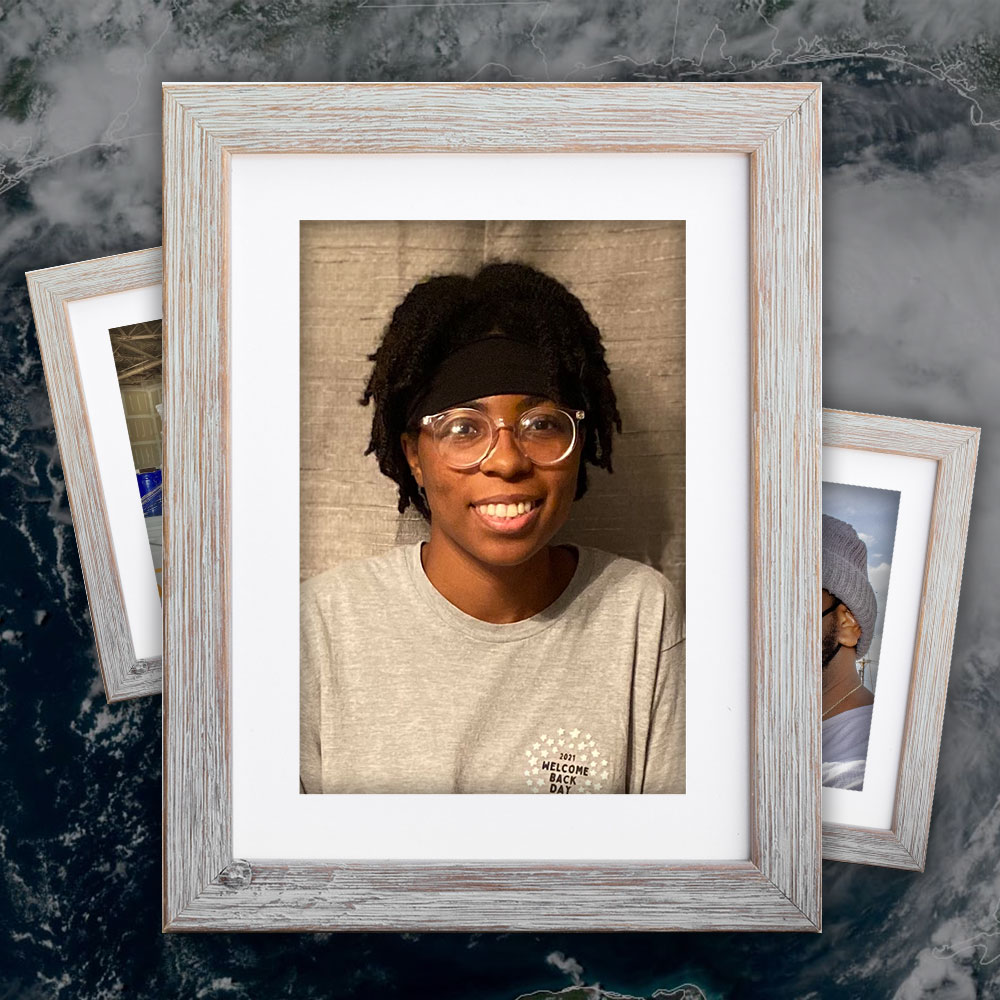
Thibodaux, Louisiana Stayed with Family What has been the hardest part for you living through and after Ida? During the storm, I wasn’t sure if we were going to die. We heard the whistling of the wind, our windows were uncovered, and there were constant reports of damages. My younger siblings kept asking if we would die and I couldn’t give them a concrete answer. I just couldn’t. The hardest thing after the storm was losing power and internet. Just the world we live in, it’s hard to be so dependent on technology and electricity and not have it. It was hard to find out things going on. We had to use a radio. We also were struggling with our generator going in and out. It was also hard because I was in a house with a lot of people and we were all hot, bored, and miserable. It was hard to get what we needed. Just hard dealing with losing our house completely. And the rain after was so bad and it was hard to get help for that and to get people to come help with those damages. It was hard to deal with damages in general. My mom’s house wasn’t severely damaged, but still had roof leaks. What do you think is the biggest loss from Ida? The biggest loss from Ida has been the severe damages my grandma’s house now has. Also, being forced to live with other family members until the house can be fixed is a big loss. Listen
Jonathan Ricks
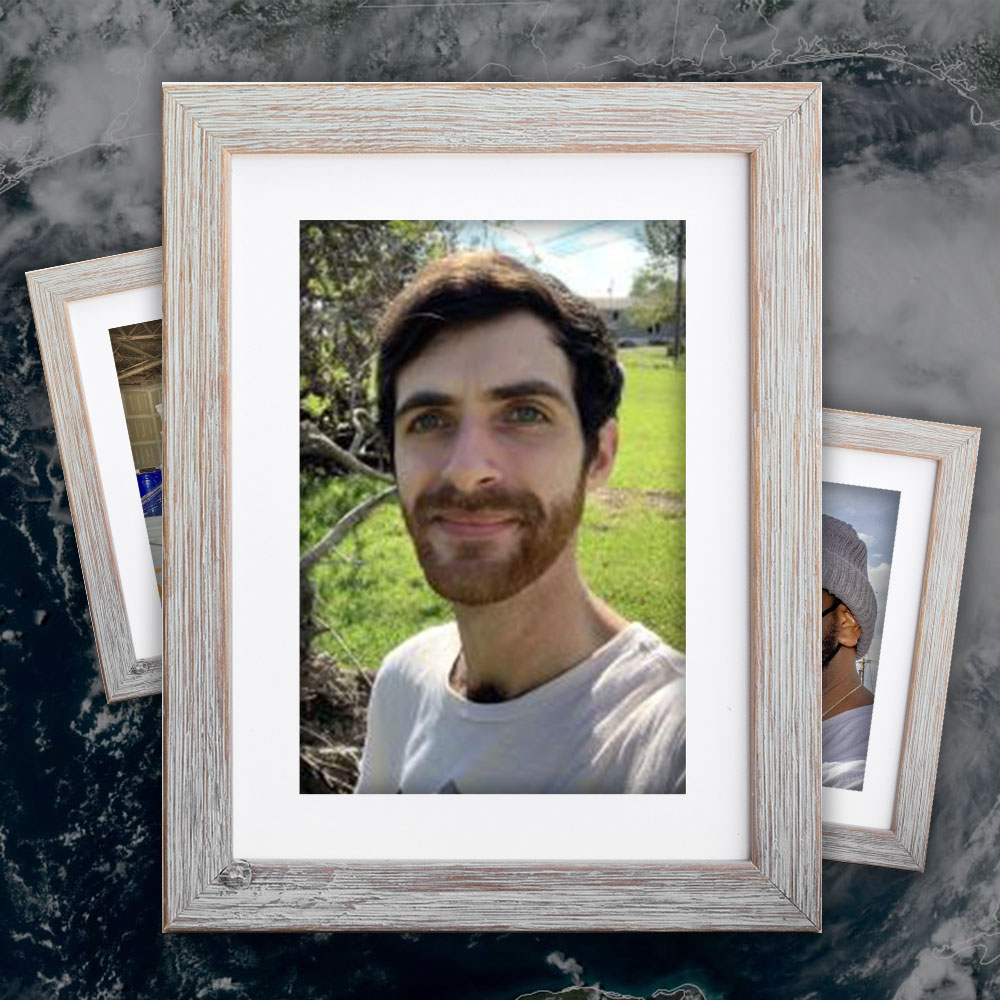
Hester, Louisiana Stayed What has been the hardest part for you living through and after Ida? We must have moved around five times while waiting for power to come back. Dad is on the older side and needs to do dialysis. He has a machine that lets him do that at home, but it needs power. For the first three days we were just trying to figure out how to keep him alive. Fortunately, my older brother got power at his house, so we were all able to crash there. What do you think is the biggest loss from Ida? For our family, it was our pecan tree. That thing was around before I was. The parts of roofing that are missing, the vehicles that were damaged, and all the mold can be fixed. A 60 foot pecan tree, however, is a bit harder to replace. Listen
Troy Dupont
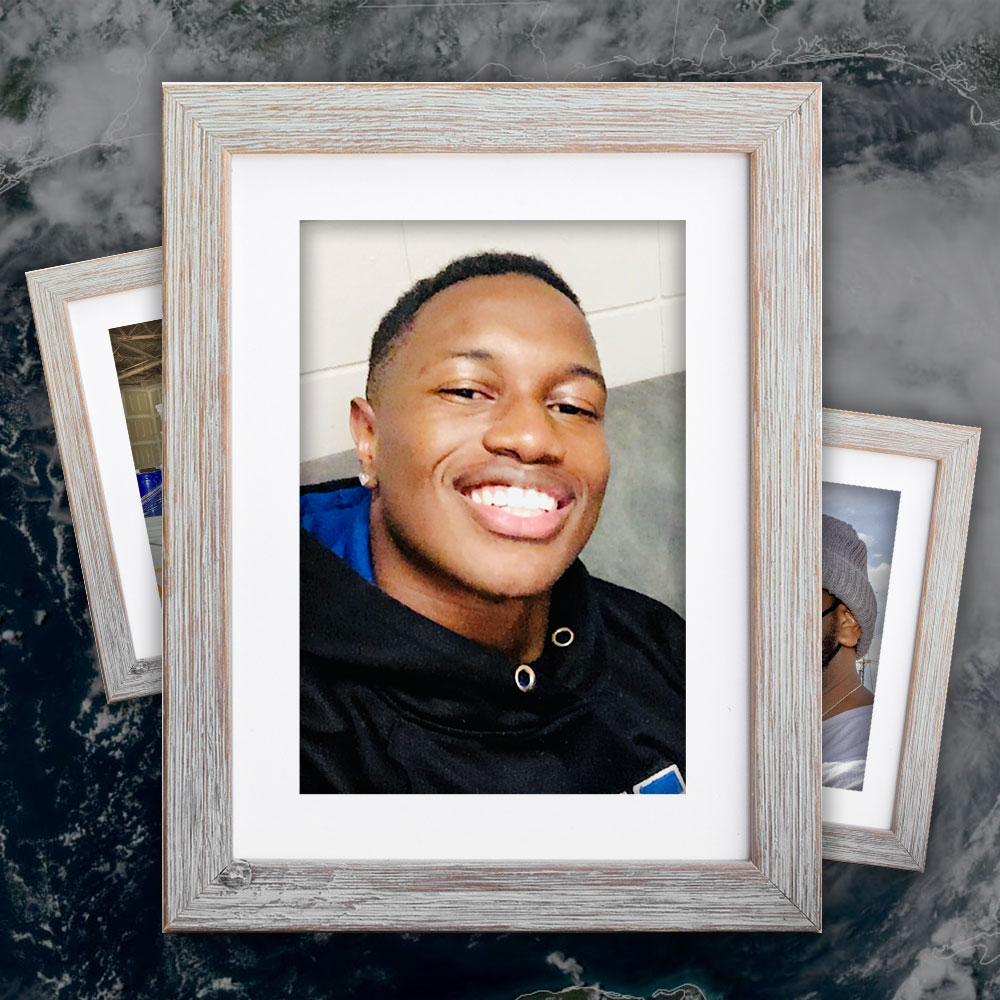
New Orleans, Louisiana Stayed with Grandmother What do you think is the biggest loss from Ida? In my opinion the biggest loss from Ida was the down the bayou communities that were impacted the most. Not only did some of my friends lose their homes, but their stories were also uncovered by the national media. Listen
Emily Avet
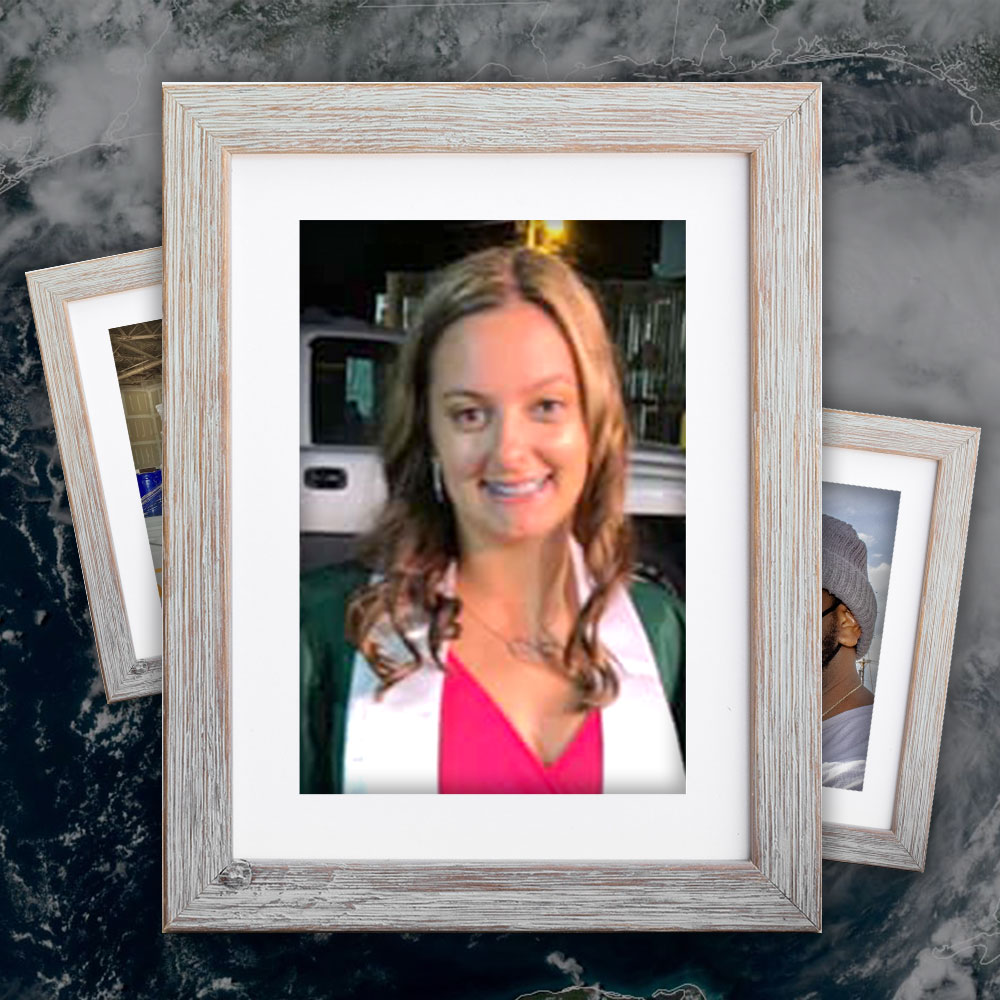
Chauvin, Louisiana Evacuated to Houma, Louisiana What has been the hardest part for you living through and after Ida? The hardest part after Ida is not being able to go home; not being able to stay in my own home. What do you think is the biggest loss from Ida? The biggest loss is everyone losing their homes..the places we grew up in. Most impactful experience The most impactful experience I’ve had was helping at Ward 7 everyday; helping everyone in need . It was crazy to see how many other states donated to us. They gave us so much stuff from tissues, toilet paper, and napkins to feminine products and soaps and baby necessities, and so many can goods. Listen
Austin Avet
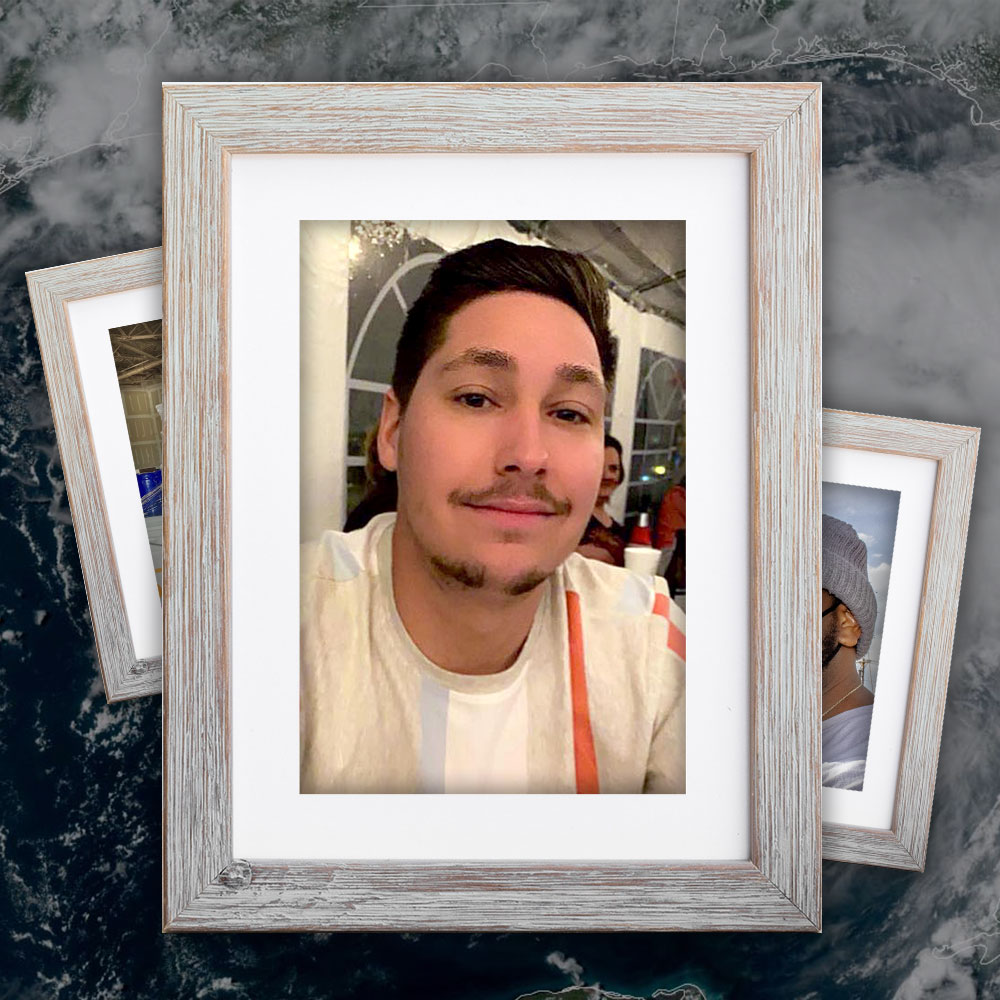
Houma, Louisiana Stayed What has been the hardest part for you living through and after Ida? There we so many homes that could’ve been saved if insurance companies would’ve worked more quickly and I think it correlates with the lack of media coverage for how slow everything is moving to help these people What do you think is the biggest loss from Ida? I believe the biggest loss from Ida would just be the amount of homes overall completely destroyed and the lack of help and media coverage as well as the lengthy process in which many people have to go through to fix or find new homes Listen
Alan Knight
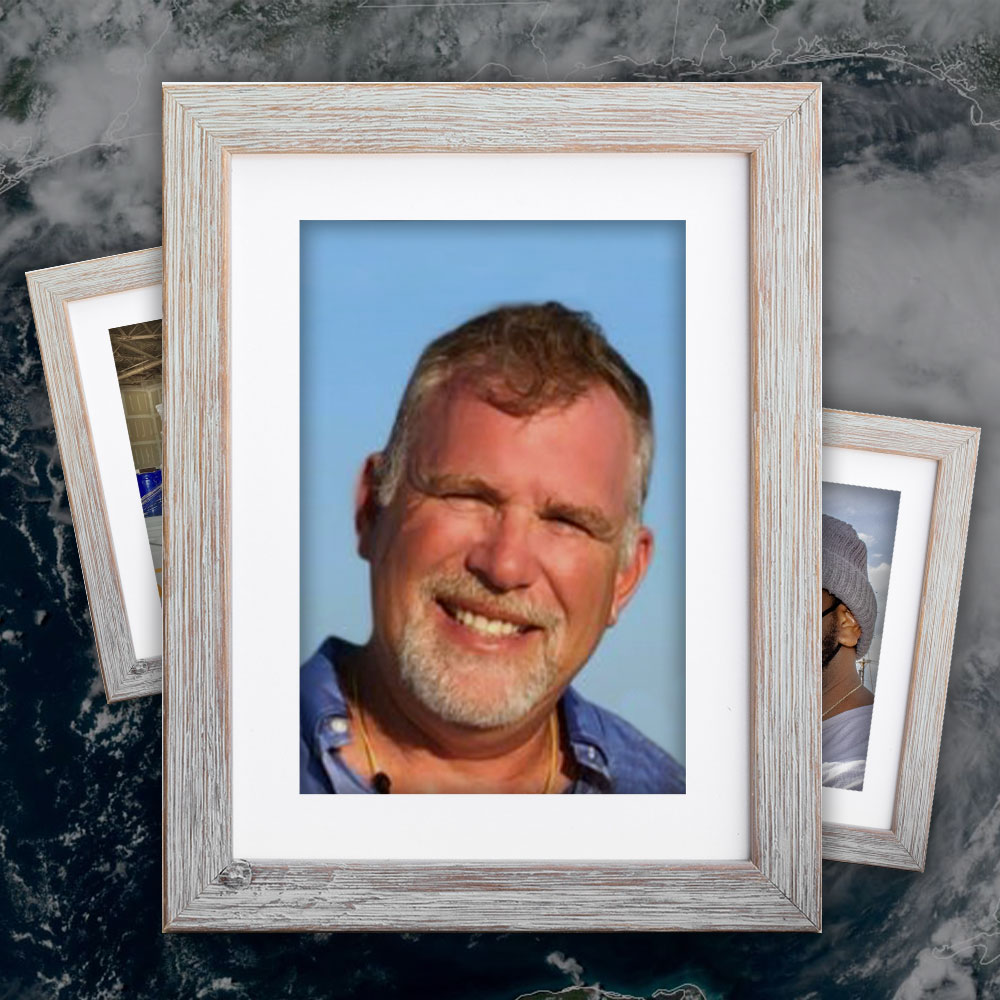
Houma, Louisiana Evacuated to Toledo Bend, Louisiana What has been the hardest part for you living through and after Ida? Our people who will not rebuild or return. What do you think is the biggest loss from Ida? I think we will have lost many old but dangerous trees. As a result of an increased awareness of the dangers of water oaks, we will continue to have those trees disappear near homes. Listen
Jenna Beber
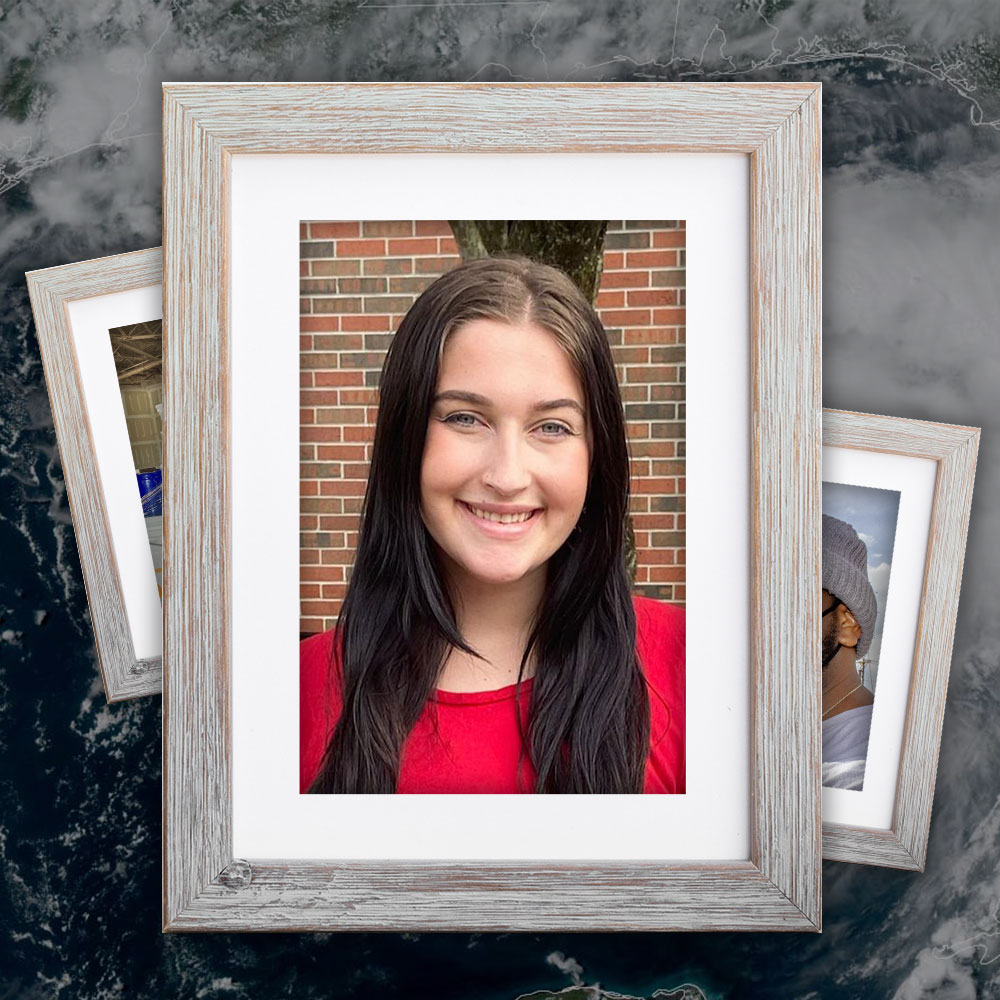
Reserve, Louisiana Evacuated to Morton, Mississippi What has been the hardest part for you living through and after Ida? The hardest part for me was knowing my friends and family were back home and there was nothing I could do to help them until the storm was over and the roads opened back up. The hardest part after was catching up with homework and trying to stay ahead in school and not fall behind in classes. What do you think is the biggest loss from Ida? For me, the biggest loss was my car. It’s getting fixed right now in the shop, but it did take damage from Ida. Listen
The Lost Bayou: Hurricane Ida
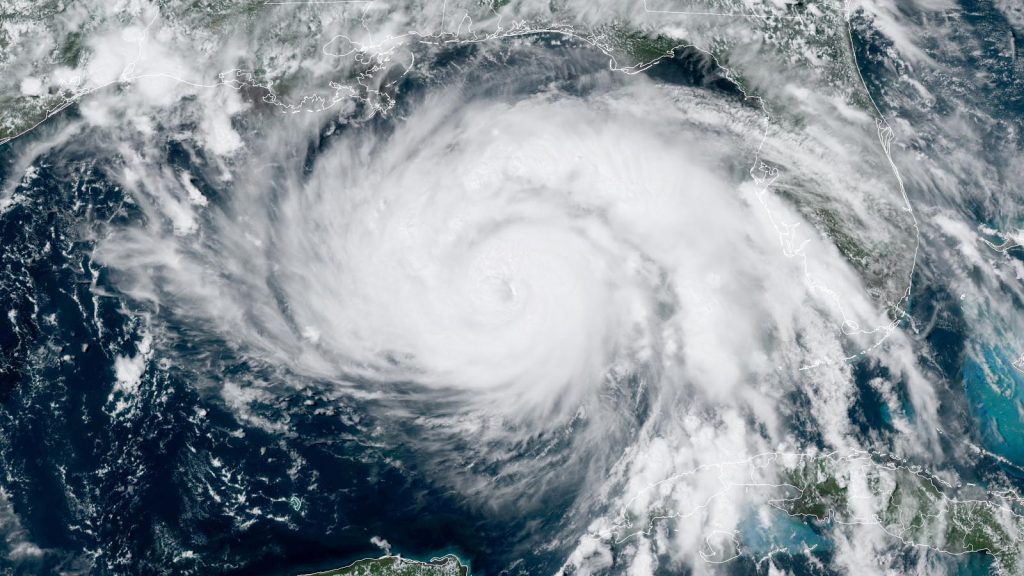
By Dex Duet & Mikaela Chiasson-Knight, Features Editor & Managing Editor Hurricane Ida, one of the costliest tropical cyclones on record, left a path of destruction from the Gulf Coast to the Northeastern United States, but it hit the Bayou Region of Southeast Louisiana first and hardest. “The only word I can use to describe it was terrifying,” says Houma resident Austin Avet. “The wind was so incredible that I could never tell if something was going to hit my house or if my roof would tear apart.” “The wind was so incredible that I could never tell if something was going to hit my house or if my roof would tear apart.” On August 29, the 16th anniversary of Hurricane Katrina that decimated the Mississippi Gulf Coast and flooded New Orleans, this Category 4 storm destroyed the Bayou Region from Grand Isle to north of Lake Pontchartrain. With sustained winds of 150 mph, Ida tied Hurricane Laura in 2020 and the 1856 Last Island hurricane as the strongest storm to hit Louisiana, according to NOAA data. With the first alerts starting just three days before the Sunday landfall, meteorologists and public officials started warning of a very destructive hurricane and issuing mandatory evacuations for most parishes in Southeast Louisiana. “The reality is this part of the Louisiana coastline went many years without a major storm impact (Betsy 1965) so this was new for many people,” says Meteorologist Zack Fradella with Fox 8 in New Orleans. Ida was just shy of a Category 5 storm spanning from Port Fourchon to New Orleans, according to The Weather Channel. Port Fourchon, a local powerhouse for the oil industry, clocked winds of 228 mph and storm surge of more than 12 feet on one of their docked ships. The hardest-hit areas were the southern parishes: Terrebonne, Lafourche, and Jefferson. The eye of the storm passed right over eastern Terrebonne, while the worst part of the storm (the eastern eyewall) passed over northern Lafourche, devastating the community. Terrebonne Parish Police Officer Travis Theriot says he was on duty for hurricanes Katrina, Rita, Gustave and Ike and Ida was worse. “Twenty three years in law enforcement and that was the scaredest I’ve ever been in a storm,” he says. While some residents heeded the warnings and evacuated, many others, like Avet chose to stay. “I would never stay for another major hurricane because regardless of what the weather professionals say, you can never be sure how strong it can be until you experience it first hand,” says the Houma resident. Choctaw resident Aggie Thibodaux says the crisis became more apparent after the storm. “It all got worse when the storm ended and I found out that my friends were hiding in their attics,” says Thibodaux. After ploughing through Louisiana, Ida then turned north and tore through much of the South; even making its way to the Northeastern United States. The lingering power of the storm caused flash flooding in New Jersey where, according to Reuters.com, Ida claimed the lives of 50 people. For Southeast Louisiana, the storm has not passed. Even more than a month later, many residents are still without power and some are even living in tents next to their uninhabitable homes. Many people are still dealing with displacement, being out of work and struggling with insurance or FEMA claims, says Martin Folse, host of HTV Houma. “I’ve covered storms since 1985 and I’ve never quite seen a storm like this,” he says. “A lot of people are having a lot of struggle, but the vast majority aren’t struggling with the rebuilding as much as they’re being mistreated by their insurance companies and FEMA. That has been the most difficult thing in terms of recovery.” This semester’s Lost Bayou community truly chose itself. The entire region lost so much in this intense and deadly hurricane. Since our hometowns were brutally impacted; it is only right that we tell these stories: the stories of the storm, the stories of loss and the stories of recovery and resiliency. Our stories.
